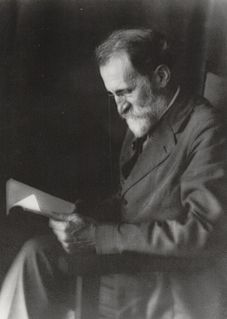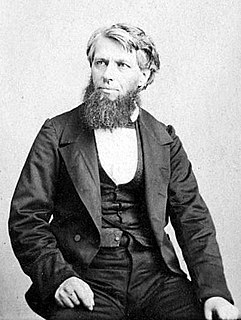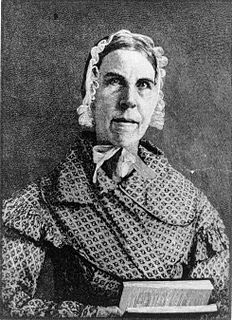A Quote by J. Oswald Sanders
The final estimate of men shows that history cares not an iota for the rank or title a man has borne, or the office he has held, but only the quality of his deeds and the character of his mind and heart.
Related Quotes
One of the outstanding ironies of history is the utter disregard of ranks and titles in the final judgments men pass on each other. The final estimate of men shows that history cares not an iota for the rank or title a man has borne, or the office he has held, but only the quality of his deeds and the character of his mind and heart.
When Heaven is about to confer a great office on a man, it first exercises his mind with suffering, and his sinews and bones with toil ; it exposes his body to hunger, and subjects him to extreme poverty ; it confounds his undertakings. By all these methods it stimulates his mind, hardens his nature, and supplies his incompetencies.
All history attests that man has subjected woman to his will, used her as a means to promote his selfish gratification, to minister to his sensual pleasures, to be instrumental in promoting his comfort; but never has he desired to elevate her to that rank she was created to fill. He has done all he could to debase and enslave her mind; and now he looks triumphantly on the ruin he has wrought, and say, the being he has thus deeply injured is his inferior.
Man in his raw, natural state as he comes from the womb is morally and spiritually corrupt in disposition and character. Every part of his being-his mind, his will, his emotions, his affections, his conscience, his body-has been affected by sin (this is what is meant by the doctrine of total depravity)
A library represents the mind of its collector, his fancies and foibles, his strength and weakness, his prejudices and preferences. Particularly is this the case if, to the character of a collector, he adds - or tries to add - the qualities of a student who wishes to know the books and the lives of the men who wrote them. The friendships of his life, the phases of his growth, the vagaries of his mind, all are represented.



































